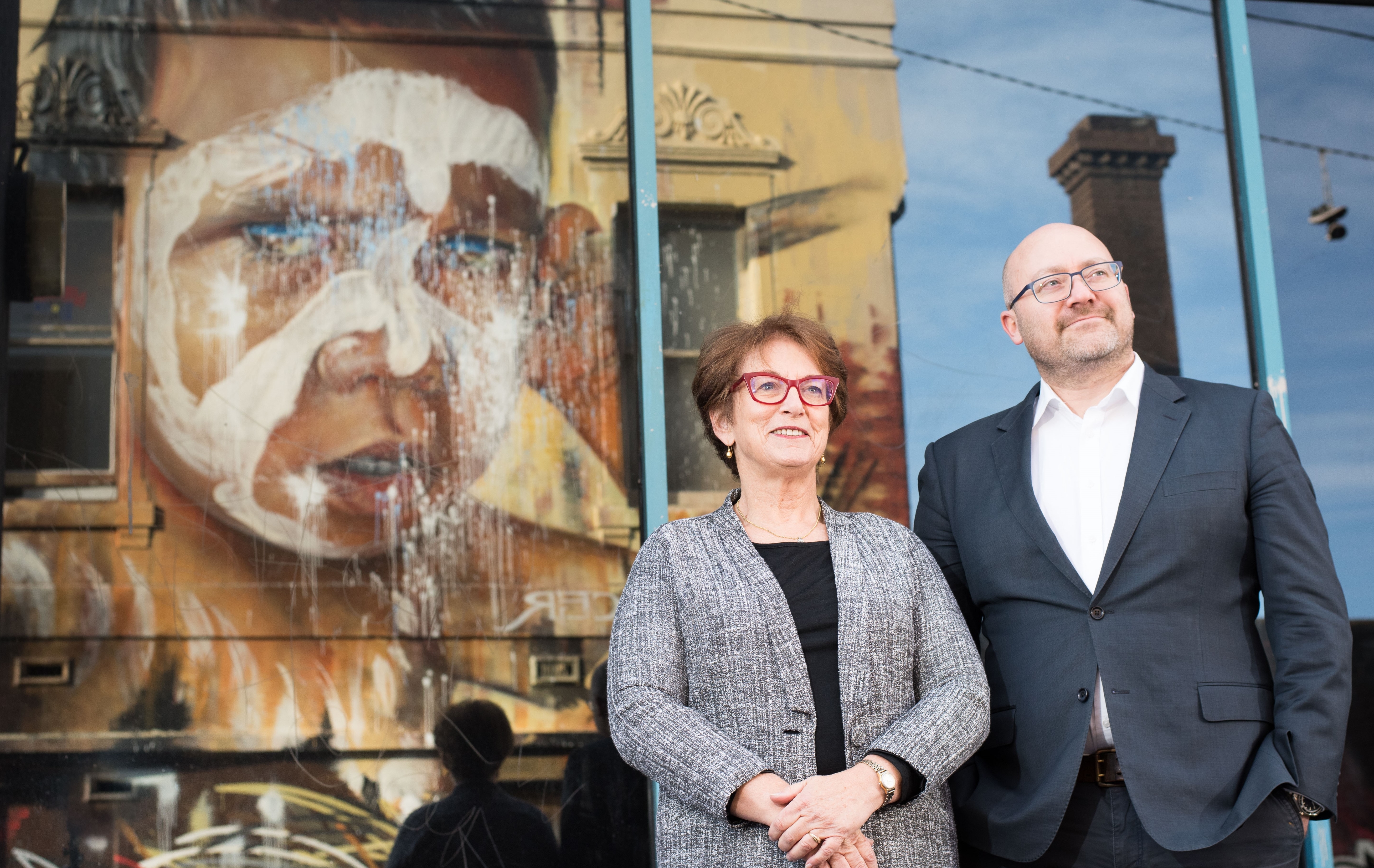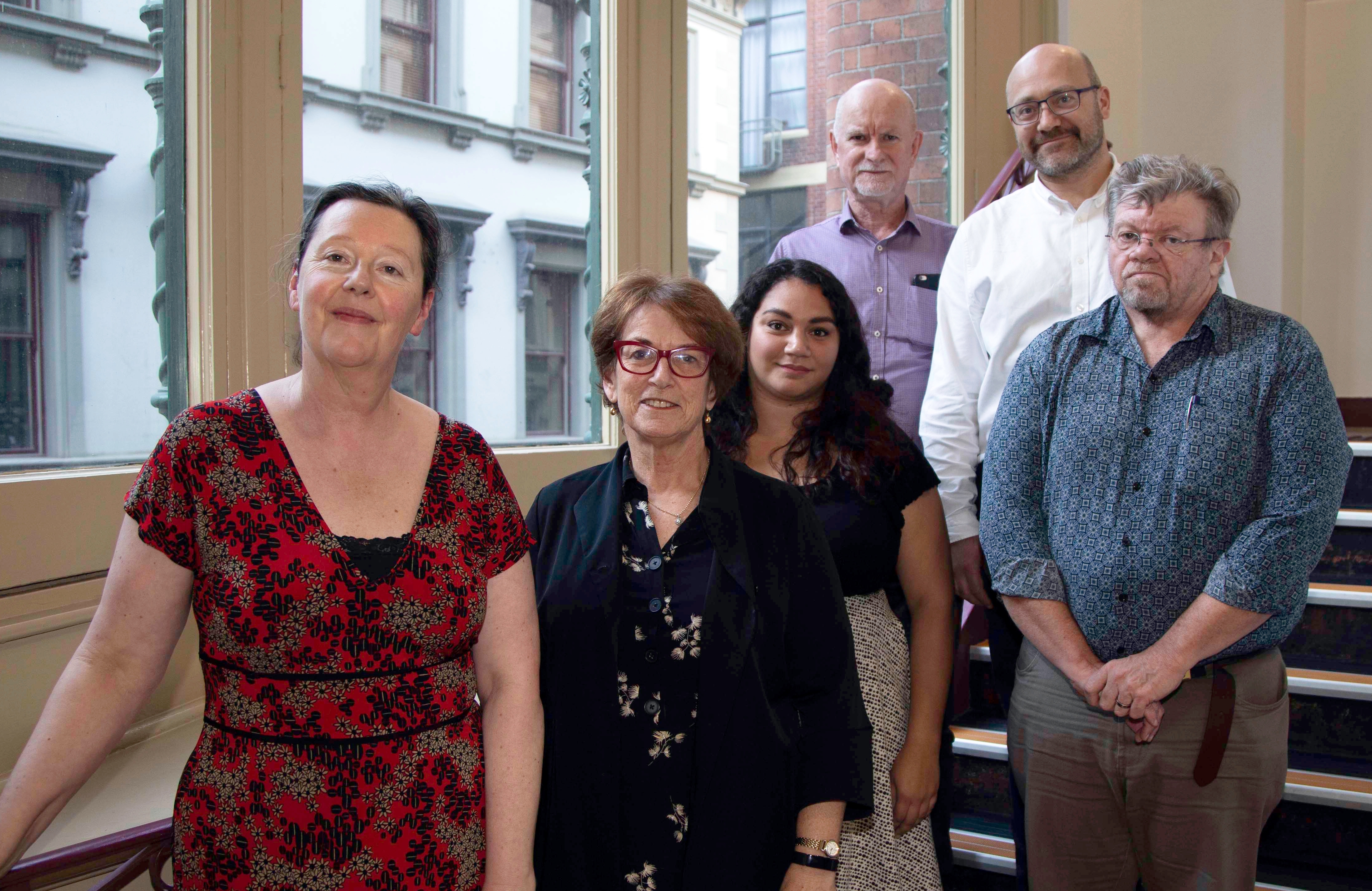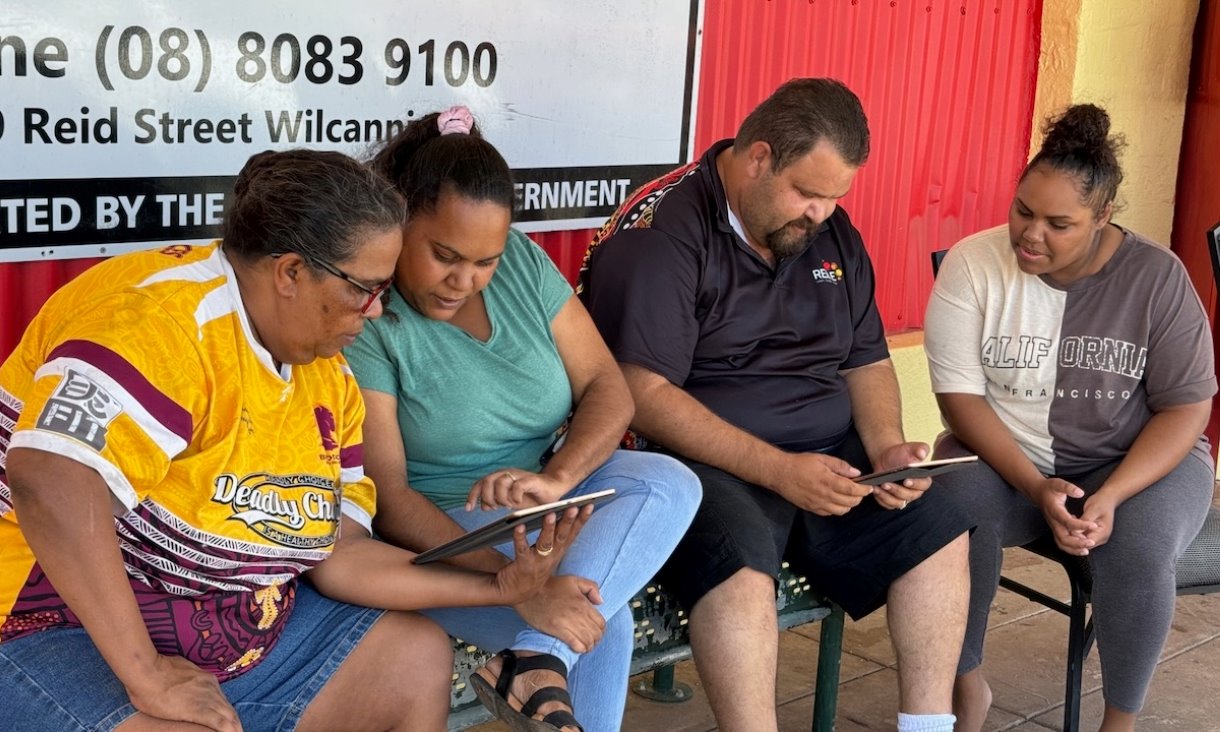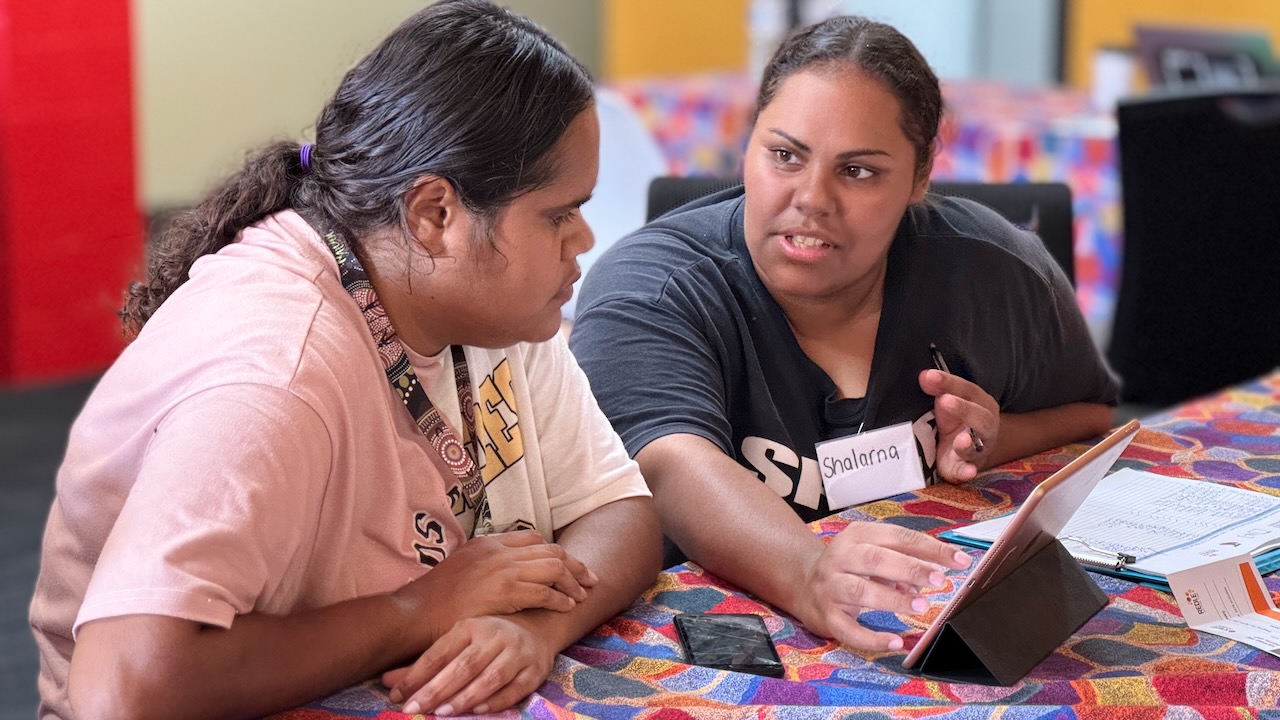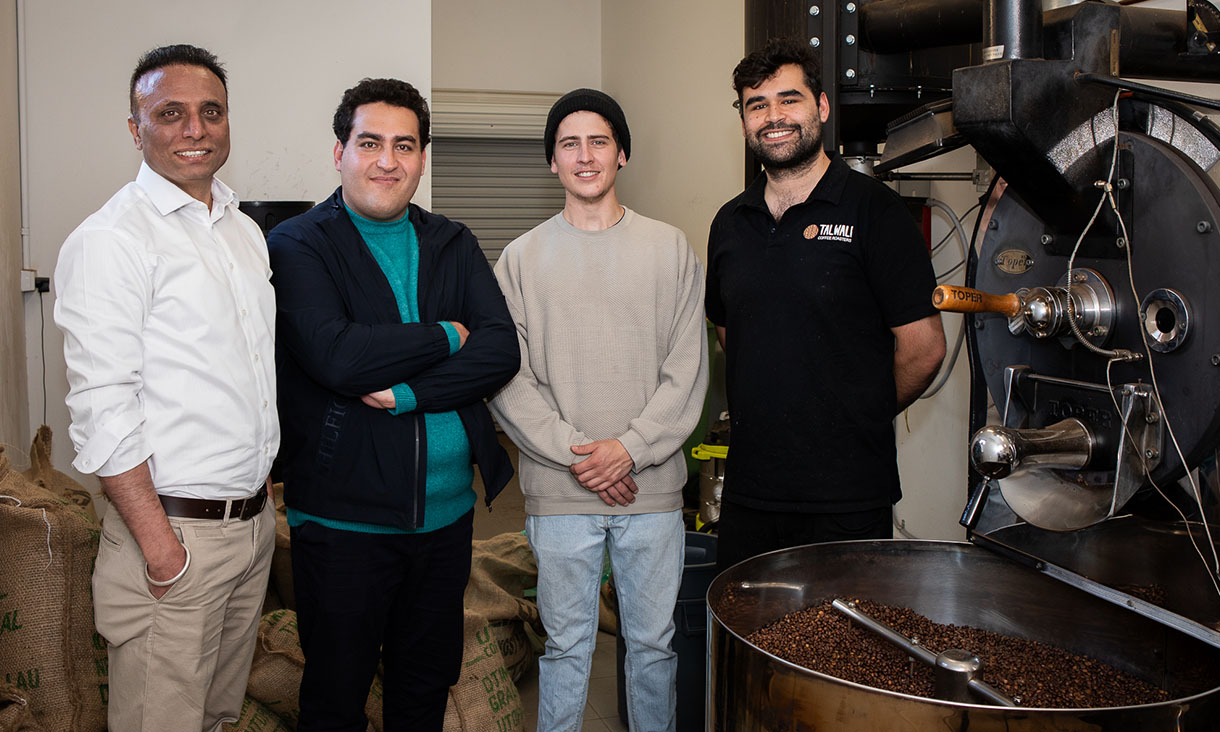The ongoing collaboration with Aboriginal-led organisation Woor-Dungin has gathered evidence and case studies from around Victoria on how minor convictions from many years ago are impacting people’s lives as they seek employment.
With the Victorian Parliament this month launching an inquiry into the subject - prompted in part by this project's findings - the team's now working on a submission to ensure those stories and voices are heard by lawmakers.
The story of Uncle Larry Walsh - who had a criminal record for being removed from his mother as a child - was one of many gathered during the project.
Victoria is the only state in Australia that does not have spent convictions legislation.
This means that even minor offences from over 10 years ago can still appear on police checks when somebody applies for a job, even if irrelevant to the job being applied for.
Professor Bronwyn Naylor from RMIT's Graduate School of Business and Law said that, at a time when the government's committed to closing the gap in employment rates between Indigenous and non-Indigenous Australians, the lack of a spent convictions scheme in Victoria remained a significant barrier for many Aboriginal Victorians finding work.
"This discrimination on the basis of an old or irrelevant criminal record disproportionately affects Aboriginal Victorians and compounds the disadvantage they already face," Naylor said.
“Aboriginal people are over-represented in the criminal-justice system; they make up 28% of the prison population but only 3% of the total Australian population. This is due to many factors including poverty, institutionalisation and racism.”
Aboriginal people are also 20% less likely to participate in the labour force.
Stan Winford, Associate Director at RMIT’s Centre for Innovative Justice, has been consulting with Aboriginal legal services in other states and territories about spent convictions schemes to inform community consultations here in Victoria.
Winford has also carried out extensive consultations with Aboriginal organisations to develop a submission, calling for reform, to the Aboriginal Justice Forum.
To date, the team's research has been cited in Parliament, led to other legislative reform, and been endorsed by the Aboriginal Justice Forum and over 60 individuals and groups including the Victorian Aboriginal Legal Service, Tarwirri and Law Institute of Victoria.
Together, Winford and Naylor's work with Woor-Dungin has focused on ensuring this research-based submission continues to have policy impact as the Parliamentary inquiry gets underway.
“It is crucial that, in considering the need for and design of a legislated spent convictions scheme, the parliamentary committee understands and responds to the experience of groups in our community who suffer particular disadvantage due to past convictions, such as Aboriginal and Torres Strait Islander people,” Winford said.
“That’s why we are doing this.”
